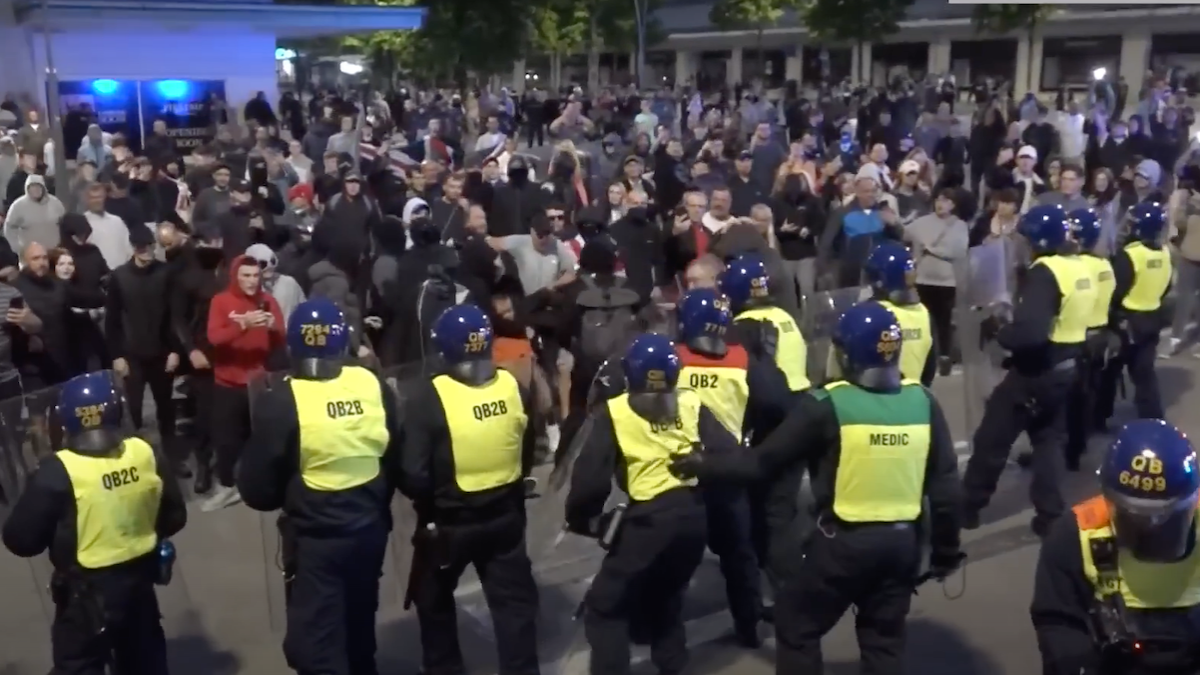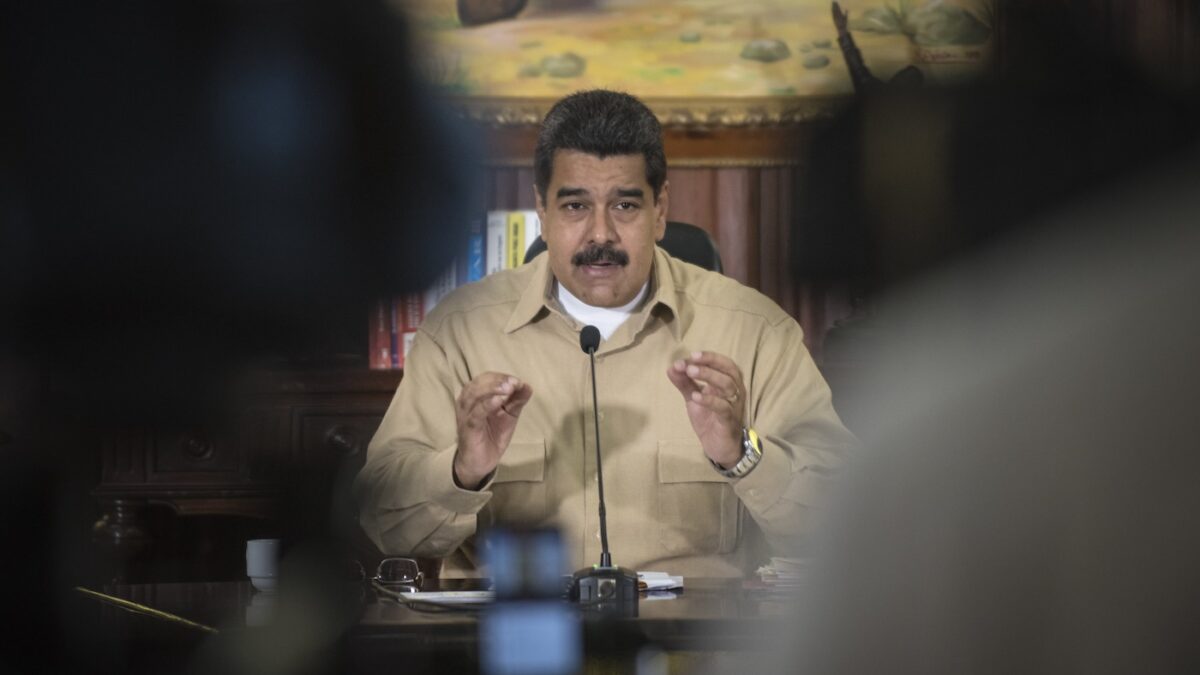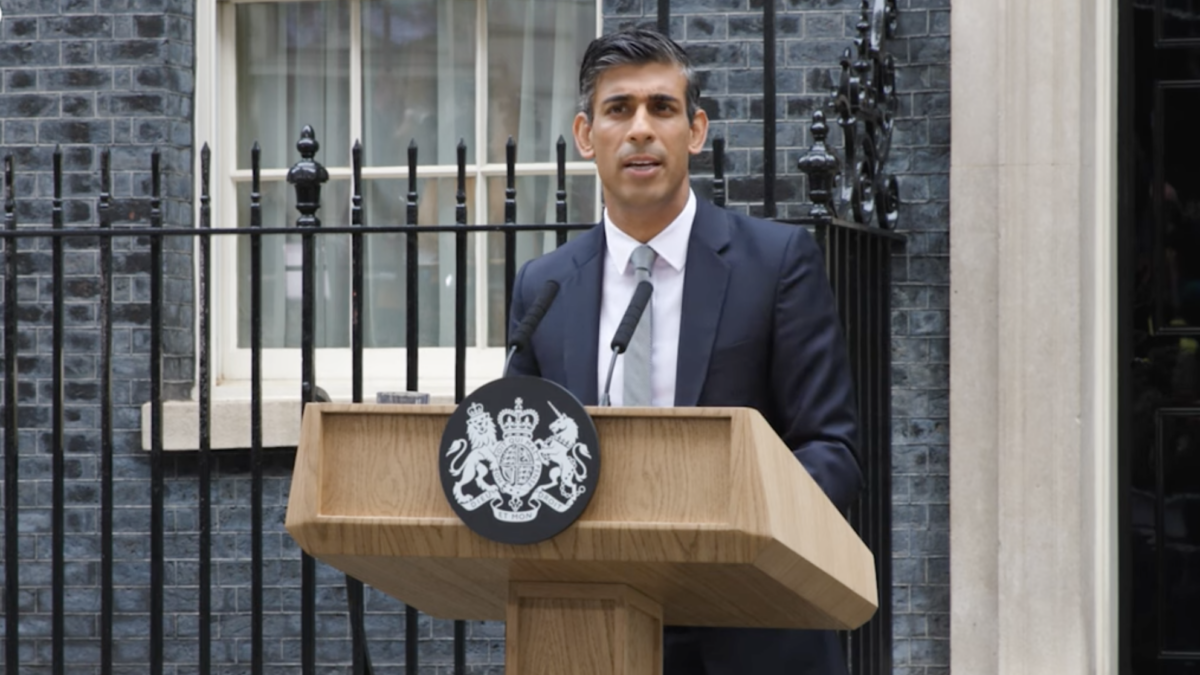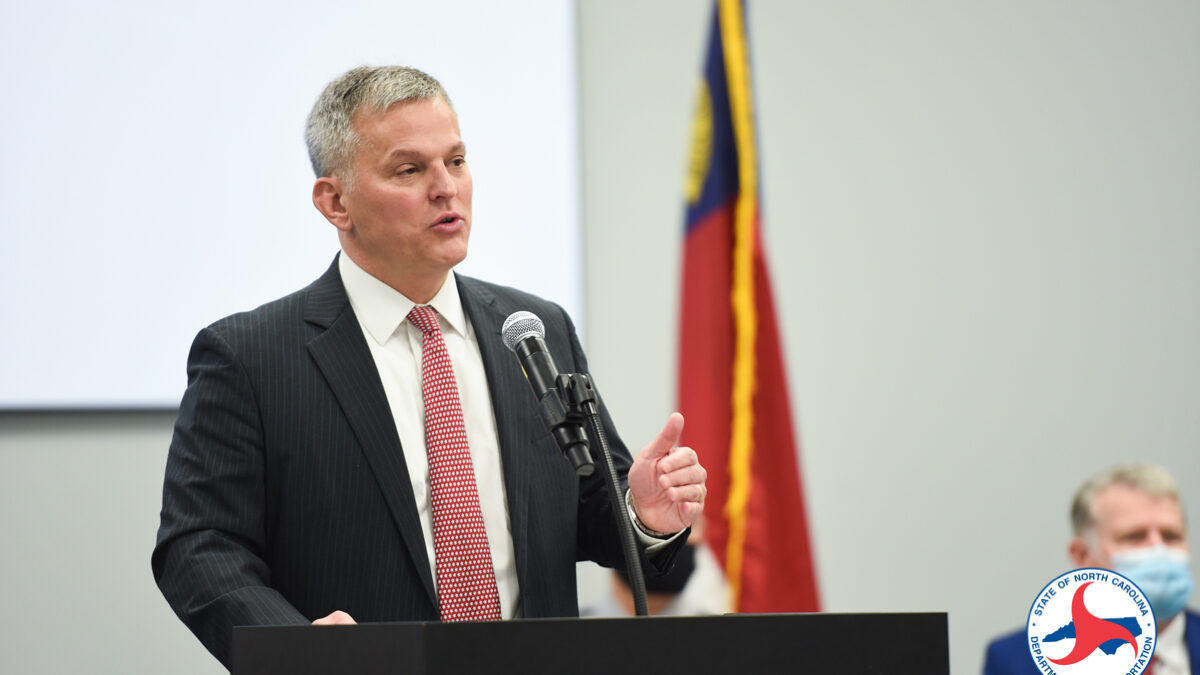
This past week, Parisians in yellow safety vests took to the streets to riot against French leadership. They have defaced the Arc de Triomphe, thrown rocks at policemen and soldiers, and lit fires all over the city. Macron literally had egg on his face and continues to suffer abysmal approval ratings, while the current protests enjoy high approval ratings in the country, despite the destruction.
Most commentary (which happened all over France, not just Paris) has focused on the fuel tax increase as the main reason for the protests, as though the French have never paid exorbitant taxes before. It has also characterized the yellow vest protests as a recent event, but they had been going on for weeks before they became violent these past few days.
Macron and the French media have unsurprisingly tried to pin the protests and riots on Marine Le Pen’s racist minions without evidence, while residents in France have claimed that the protesters are mostly middle-aged Frenchmen with no political affiliation.
Losing the Body and Soul of France
While protests and car-burnings are actually common in France, what’s happening now is much worse than usual and will not go away anytime soon. What observers should know is that this is not about fuel prices or Macron’s incompetence; this is about the fall of the West.
People have long complained of France losing its soul by becoming a secularized, progressive, socialist welfare state shortly after two miserable losses in the two world wars. After being known for its fine arts, beautiful landscapes, rich Catholic tradition, genius philosophers and scientists, and famous monuments, people now see France as a stagnant irrelevant pool of decadence (this descent is captured well in Thomas Merton’s description of the country in Seven Storey Mountain).
It is the land of nasty writers like Celine and Michel Houellebecq, nasty singers like Serge Gainsbourg, and nasty architecture like the Musee de Pompidou. All the same, most Frenchmen didn’t seem to mind this decline as long as they could have shorter workweeks and socialized health care.
As a result of losing its soul, France has also been losing its body—its people, communities, business, and infrastructure. Like the rest of the developed world, the French are having fewer children and compensate for the population loss by taking in more immigrants. Consequently, the Parisian slums keep expanding while French villages gradually disappear.
The lucky few French workers who actually have a job labor under heavier tax burdens and can afford little. Middle-class families are lucky if they own a small apartment, an economy car, and a set of cheap clothes from China. The luxury products sold on the Champs-Elysees and elsewhere are mainly for the rich.
The most striking sign of decline in France for people visiting, however, is the disintegrating infrastructure. The government will go to great lengths to keep its landmarks safe and relatively clean, but it cannot hide the graffiti that mars everything, from train cars to buildings. It also cannot extinguish the stench of urine, feces, and body odor from the homeless, permeating every public space. Even if the roads are kept up in most places (thanks to high fuel prices, high tolls, and light, fuel-efficient cars), the subways and trains are decades old and decrepit.
To make matters worse, French cities feature ghettos of unassimilated immigrants who pose an ever-increasing drag on the economy and culture. They do not speak French; they do not work; some of them follow Muslim Sharia law; and they make up much of the country’s poverty, crime, and terrorism (“no-go zones”). They also collect handsome taxpayer benefits. For this reason, the protesters are also calling for France to vote against the UN migration pact, an agreement that would undermine participating countries’ efforts to regulate migration.
The Elites Fail to Respond to a Dying France
Those in charge of France, a very obvious class of elites, have responded by covering their eyes and ears, holding their noses, and spewing out platitudes about diversity and the global community. Naturally, the media and academy support them and allow them to rule over the French very much like the aristocracy before the French Revolution. Shilling for the European Union, climate change, and birth control while railing against nationalism and Trump, childless yet youthful Emmanuel Macron is the perfect symbol of this group.
For those wondering who the other choices for president were, there was Francois Fillon, a center-right candidate accused of hiring and paying family members for work they didn’t do, and Marine Le Pen, politician who was forced to take a psychiatric examination for tweeting images of ISIS murders. Like his predecessor, Francois “Mr. Normal” Holland, Macron just had to stay boring and maintain the status quo to win the presidency.
It is this whole miserable state of affairs that the French are protesting. France, and most other countries in the Western world, are on an unsustainable course. Taxes, the political establishment, ghost towns in “La France profonde,” nationalism, globalism, and the rest of it are all symptoms of the same underlying malaise.
The riots and protests are also symptoms. Although perhaps cathartic, they will not solve anything. People who resort to violence have rejected the merits of reasoned debate and fair elections. The French who used to be so proud of their republic are now opting for mob rule.
As history can attest—most notably the French Revolution—mob rule doesn’t end well. If it succeeds in toppling a government, it almost always results in an autocracy, like that of Napoleon. If it doesn’t succeed, it leads to a corrupt oligarchy or elite that doubles down on anti-democratic practices, like what’s happening in EU countries today.
Angry Masses, Disconnected Elites, and No True Leaders
For real reform, the people need leadership—intellectual leaders, political leaders, and economic leaders. In other words—and populists will undoubtedly cringe at this—they need their own elite. Unlike their American cousins across the pond, French conservatives do not have an elite. They have angry masses of people who have rejected the status quo, but have not seriously embraced a clear path forward.
Hating the EU, the UN, mass migration, Macron, and high taxes will not lead to constructive reform. Only if this energy is channeled into articulating a vision for transcendent, cohesive ideals such as limited government, free speech, free market capitalism, and a return to orthodox Christianity will the French have any hope of returning to their former glory.
As for the rest of the world, they should take heed at what is unfolding in the streets of Paris. In many ways, France is simply further along in the progressive experiment than other countries in the West. English Prime Minister Theresa May’s cowardice in carrying out Brexit will likely spark similar kinds of protests, and Angela Merkel is now paying immigrants to leave Germany in order to keep the peace in her country.
The United States is different only in that it is a few decades behind. Conservatives here do have an elite (although a much smaller, less influential one than liberals), which is divided between those who support Trump and those who don’t (although the latter is quickly disappearing). Nevertheless, many conservatives fear that Trump may be the last Republican president before the inevitable decline brought on by liberals’ stranglehold on the culture. Once that decline comes, Americans will take to the streets and voice their grievances like the French people are doing now.
So let the events in Europe be a warning to Americans here: progressive policies will slowly but surely work their ruin on any society, and it’s incumbent on conservatives today to counteract this by supporting their own elite and exercising the civic duties responsibly (i.e. voting for good candidates, challenging injustice, and defending essential freedoms). Not only should this be done for posterity, but for the sake of protesters around the world who are fighting for the same things.









